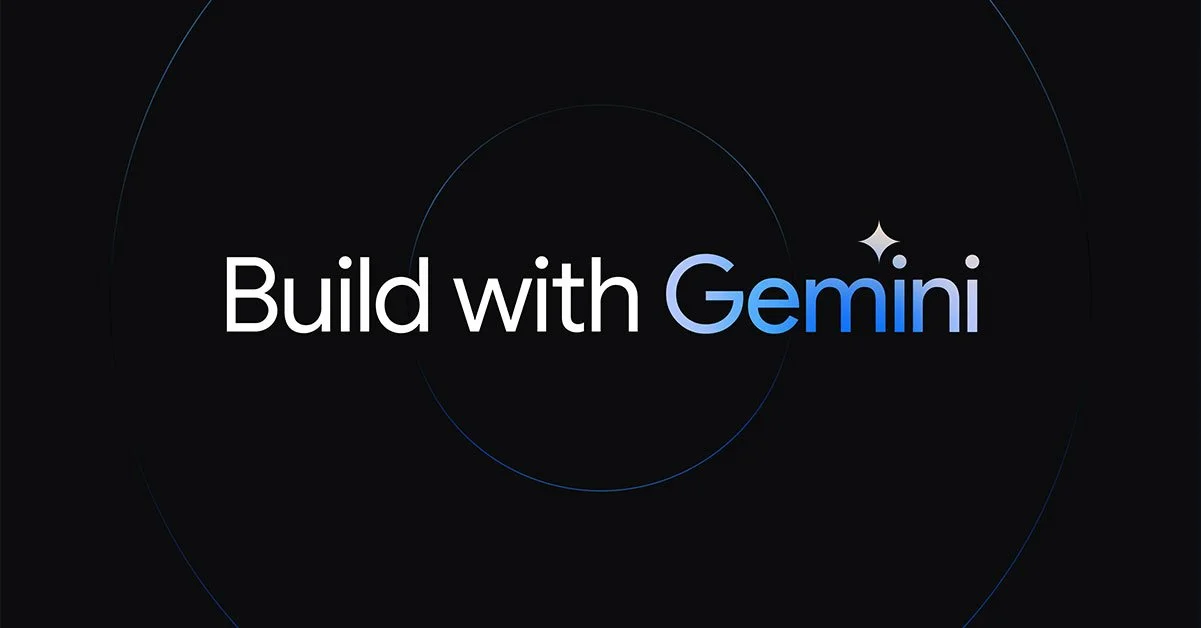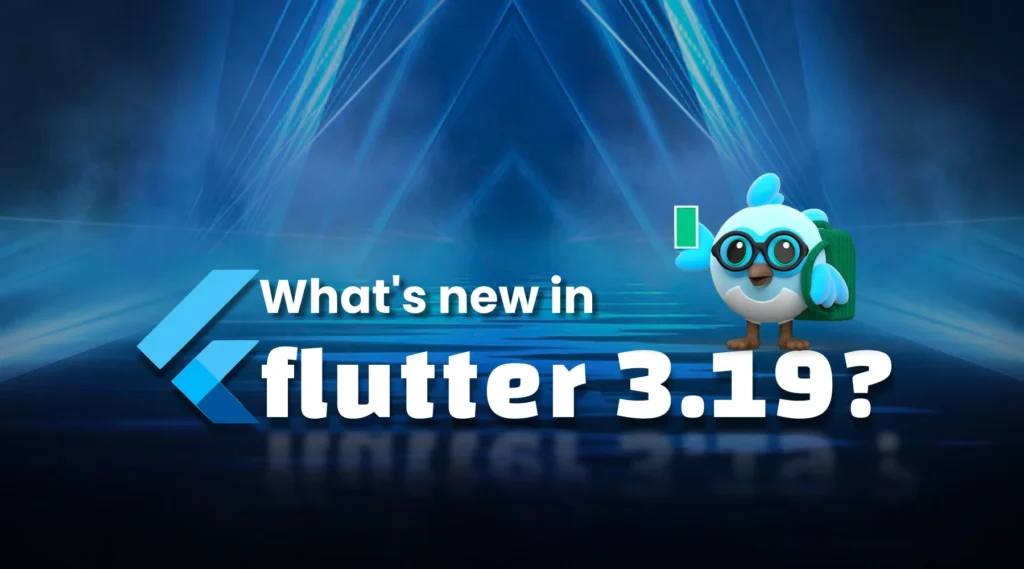Description
Flutter 3.19, the latest iteration of Google’s versatile UI toolkit, has arrived, bringing with it a plethora of enhancements and features designed to elevate your app development experience. Let’s take a comprehensive look at what Flutter 3.19 has to offer.

AI Integration with Gemini Google AI Dart SDK
One of the most groundbreaking features of Flutter 3.19 is the integration of advanced generative AI capabilities through the Gemini Google AI Dart SDK. This beta release enables developers to incorporate cutting-edge AI functionalities directly into Dart and Flutter applications. From text generation and summarization to chatbots, translation, and question answering, the possibilities are endless.
However, it’s important to note the current limitations of this beta release:
- The SDK is currently in beta and requires access through Google AI Studio or Vertex AI.
- Some features are still under development and may change or be removed in the future.
- The SDK may have limitations on usage quotas and available features.
Framework
Scrolling Enhancements
Scrolling lies at the heart of many Flutter applications, and Flutter 3.19 introduces significant improvements in this area. Developers now can configure Scroll Behavior with MultiTouchDragStrategy.latestPointer, ensuring a seamless and consistent scrolling experience irrespective of the number of fingers used. Furthermore, bug fixes for SingleChildScrollView and Reorderable List contribute to smoother interactions and enhanced stability. The Table View widget in the two_dimensional_scrollables package has also undergone polishing and upgrading, enriching the scrolling experience even further.
Animation Improvements
Animations play a vital role in enhancing the Flutter app’s visual appeal and user experience. With the introduction of the new AnimationStyle widget, developers gain greater control over animation behavior in widgets such as MaterialApp, ExpansionTile, and PopupMenuButton. This empowers developers to override animation curves and durations, enabling them to create more engaging and polished app experiences.
Segmented Button
The addition of the Segmented Button widget simplifies style sharing and theme configuration, making it effortless to maintain a cohesive look and feel across your app. With the styleFrom method, developers can easily create a ButtonStyle that can be shared across multiple SegmentedButton widgets or used to configure the app-wide SegmentedButtonTheme.
Adaptive Switch
The Adaptive Switch brings a native look and feel to macOS and iOS platforms while gracefully transitioning to the Material Design aesthetic on other platforms. This ensures a familiar and intuitive experience for users across different devices, all while simplifying development with its platform-independent API.
Increased Access to Text Widget State
Flutter 3.19 introduces support for a MaterialStatesController in TextField and TextFormField, allowing developers to listen to MaterialState changes. This enhancement provides greater flexibility and control over the state of text widgets, enabling developers to create more responsive and dynamic user interfaces.
UndoHistory Stack
Flutter 3.19 addresses the frustrations experienced with the UndoHistory widget, making it more reliable and flexible. With these improvements, developers can rest assured that their undo/redo history remains intact, even in scenarios such as switching to a Japanese keyboard.
Engine
Impeller Progress
Flutter 3.19 heralds an exciting milestone with the integration of Impeller’s high-performance rendering engine across all Android devices. This translates to smoother visuals and potentially improved performance for Flutter apps on a wide range of phones and tablets. Furthermore, Impeller’s support for MSAA and other features on both Vulkan and OpenGL brings OpenGL backend on par with Vulkan, ensuring wider compatibility across different device configurations. As we strive for continuous improvement, developers are encouraged to provide feedback and report any issues encountered, including device details, Android version, and performance comparisons, to help refine Impeller further.
API Improvements
Text precision receives a significant boost in Flutter 3.19, empowering developers with new tools to delve deeper into text manipulation and analysis. Two new methods, getClosestGlyphInfoForOffset and getGlyphInfoAt, along with the introduction of the GlyphInfo type, provide developers with unprecedented control and understanding of text within their applications. Whether it’s pinpointing the closest glyph information to a specific point within a paragraph or obtaining detailed information about a glyph at a particular index, these enhancements equip developers with the tools they need to create more refined and immersive text experiences.
Android
Simplify Deep Linking with Flutter 3.19
Are you tired of grappling with deep linking complexities? Say goodbye to those headaches with Flutter 3.19! This latest update introduces the Flutter deeplink validator, offering a streamlined solution to your deep linking challenges. Here’s what you can expect:
Deeplinking Web Validator
Flutter 3.19 introduces an early version of the Flutter deeplink validator, designed to simplify your deep linking implementation. With this feature, you can validate your assetlinks.json file setup directly within DevTools, ensuring seamless integration and effortless navigation for your users.
Clear Guidance
Say goodbye to guesswork! The deeplink validator provides clear guidance and immediate feedback on potential issues, along with valuable implementation tips. This ensures a smoother and more efficient deep linking process, allowing you to focus on delivering a seamless user experience.
Future Support
While currently available for web check on Android, stay tuned for future support on iOS and additional functionality, making deep linking even more accessible and user-friendly across all platforms.
Upgrade to Flutter 3.19 today and simplify your deep linking implementation like never before!
Enhanced Share Functionality with share.invoke
In addition to simplifying deep linking, Flutter 3.19 brings long-awaited parity to the Share button, enhancing sharing functionality across Android text fields and views. Now, users can seamlessly share content from your app with just a tap, fostering greater engagement and interaction.
Introducing Native Assets Feature
Flutter 3.19 introduces Native assets support on Android, unlocking a world of possibilities for developers. With this feature, you can seamlessly call functions from other languages directly within your Flutter code, opening up new avenues for innovation and optimization:
- Leverage Existing Native Libraries: Integrate existing C/C++ libraries effortlessly into your Flutter app
- Performance Optimization: Utilize native code for computationally intensive tasks
- Platform-Specific Functionality: Access device-specific features not directly available in Flutter
IOS
Flutter iOS Native Fonts
In Flutter 3.19, text now appears more native on iOS, ensuring a seamless and cohesive user experience. This update brings about the following improvements:
- Smaller Fonts: Enjoy slightly tighter spacing, enhancing readability on mobile screens
- Larger Fonts: Experience a more compact design, saving valuable space
DevTools: Unlock Powerful New Features
Flutter DevTools 3.19 introduces a host of powerful features to streamline your development process and enhance app performance:
- Deeplink Validation: Ensure seamless deep linking on Android
- Plugin Tracking: Gain valuable insights into plugin usage
- Offline Analysis: Analyze saved performance data without a connected app
- VS Code Enhancements: Open DevTools in an external browser from VS Code
As we continue to push the boundaries of innovation with each Flutter release, we’re committed to making your vision a reality. Don’t let your app’s potential go untapped, Your dream app awaits—contact us now to get started!



